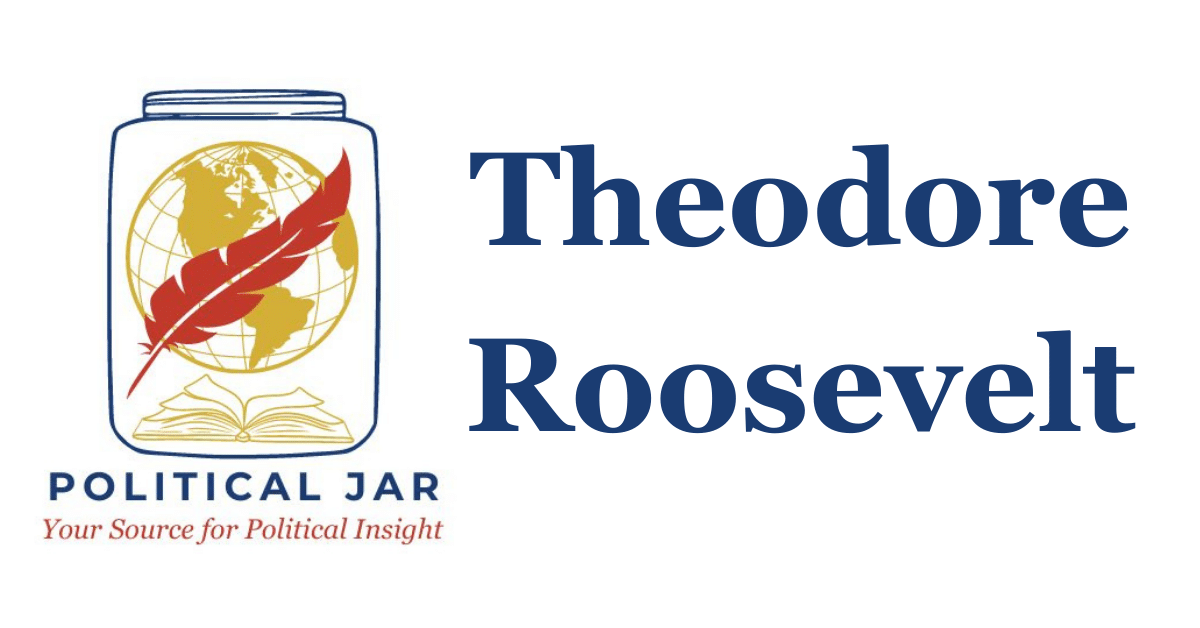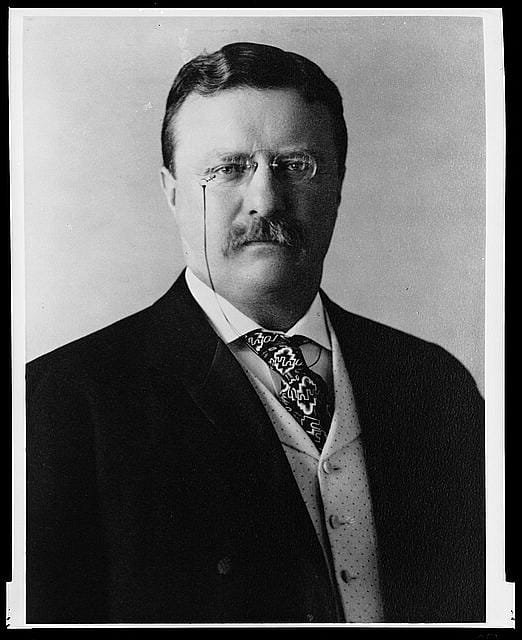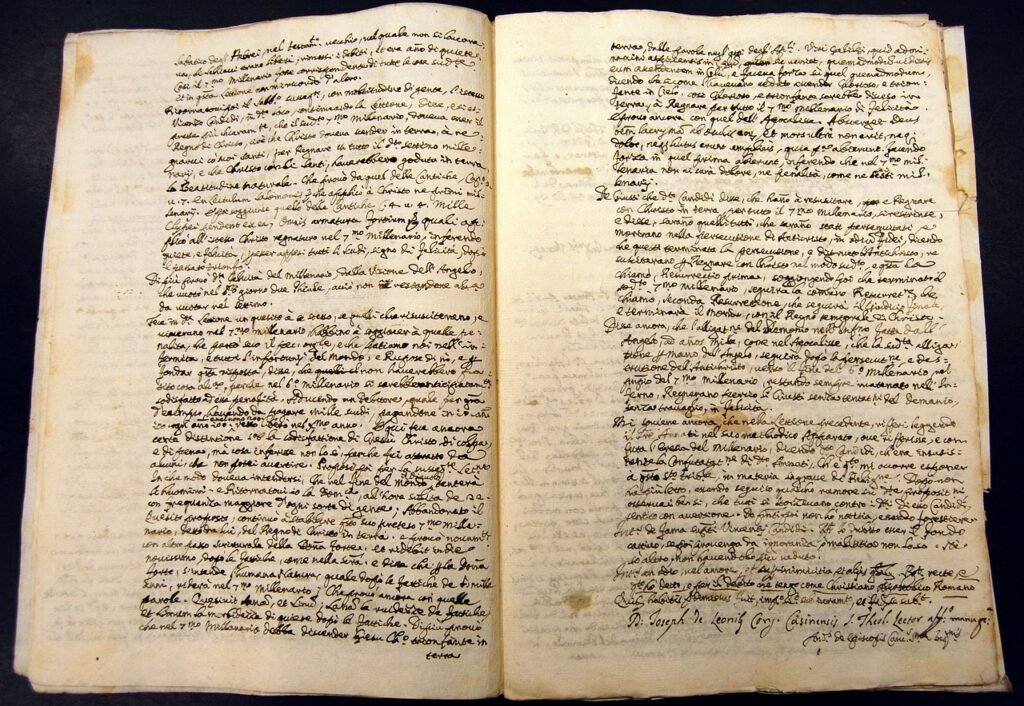




Theodore Roosevelt
Theodore Roosevelt, the 26th President of the United States, remains one of the most dynamic and influential figures in American history. Born on October 27, 1858, in New York City, Roosevelt overcame significant health challenges to become a prolific writer, a relentless reformer, a passionate conservationist, and a vigorous advocate for social justice. His presidency from 1901 to 1909 marked a period of profound change and progressive reform, laying the groundwork for modern American policies and government practices. This biography delves into Roosevelt’s life, exploring his early years, political career, presidency, and lasting legacy.
Early Life and Education
Theodore Roosevelt was born into a wealthy and prominent family in New York City. His father, Theodore Roosevelt Sr., was a prosperous businessman and philanthropist, and his mother, Martha “Mittie” Bulloch Roosevelt, hailed from a Southern plantation-owning family. Roosevelt’s childhood was marred by severe asthma, which often left him bedridden. Despite these health issues, he developed a keen interest in natural history and reading, which were encouraged by his parents (Morris, 1979).
Roosevelt’s early education was primarily at home, under the guidance of tutors. His father played a crucial role in shaping his character, emphasizing the importance of hard work and moral integrity. In 1876, Roosevelt enrolled at Harvard University, where he excelled academically and became a member of several prestigious clubs. He graduated magna cum laude in 1880. After Harvard, Roosevelt briefly attended Columbia Law School but soon abandoned his legal studies to pursue a career in public service (Miller, 1992).
Early Political Career
Roosevelt’s entry into politics was marked by his election to the New York State Assembly in 1881 at the age of 23. He quickly gained a reputation as a reform-minded and outspoken legislator, championing causes such as civil service reform and the regulation of corporate monopolies. His tenure in the assembly was characterized by his relentless pursuit of corruption and his commitment to progressive policies (Dalton, 2002).
In 1884, personal tragedy struck when Roosevelt’s mother and first wife, Alice Hathaway Lee Roosevelt, died on the same day. Devastated, Roosevelt retreated to the Badlands of North Dakota, where he immersed himself in ranching and the rugged outdoor life. This period of self-imposed exile helped him recover from his grief and reinforced his belief in the restorative power of nature (Brands, 1997).
Returning to public life, Roosevelt served in various capacities, including as a U.S. Civil Service Commissioner and the president of the New York City Board of Police Commissioners. His work in these roles further established his reputation as a dedicated reformer. In 1897, President William McKinley appointed him Assistant Secretary of the Navy, where he played a crucial role in preparing the Navy for the Spanish-American War (Dalton, 2002).
Spanish-American War and Rise to National Prominence
The Spanish-American War of 1898 was a turning point in Roosevelt’s career. Resigning his position as Assistant Secretary of the Navy, he formed the First U.S. Volunteer Cavalry Regiment, popularly known as the “Rough Riders.” Roosevelt’s leadership and valor during the Battle of San Juan Hill made him a national hero and propelled him into the national spotlight (Morris, 1979).
Capitalizing on his newfound fame, Roosevelt was elected Governor of New York in 1898. As governor, he continued his reform agenda, advocating for labor rights, corporate regulation, and environmental conservation. His progressive policies often put him at odds with the Republican Party’s conservative establishment, but they also earned him widespread public support (Miller, 1992).
In 1900, Roosevelt was selected as William McKinley’s running mate in the presidential election. The McKinley-Roosevelt ticket won decisively, and Roosevelt assumed the vice presidency. His tenure as vice president was short-lived, however, as President McKinley was assassinated in September 1901, thrusting Roosevelt into the presidency at the age of 42, making him the youngest president in American history (Brands, 1997).
The Presidency: Progressive Reforms and Conservation
Roosevelt’s presidency was marked by his vigorous pursuit of progressive reforms and his commitment to conservation. He believed that the federal government had a responsibility to regulate large corporations and protect the interests of ordinary Americans. This philosophy was encapsulated in his “Square Deal” domestic policy, which aimed to ensure fairness for workers, consumers, and businesses alike (Dalton, 2002).
One of Roosevelt’s most significant achievements was his trust-busting campaign. He sought to break up monopolies and restore competitive markets, filing lawsuits against major corporations such as the Northern Securities Company and Standard Oil. His efforts resulted in the dissolution of several large trusts and established the federal government’s authority to regulate big business (Morris, 1979).
Roosevelt also championed labor rights, supporting the arbitration of labor disputes and advocating for better working conditions. His intervention in the 1902 coal strike, where he negotiated a settlement between miners and mine owners, was a landmark moment in labor relations. This intervention not only resolved the strike but also set a precedent for federal involvement in labor disputes (Miller, 1992).
Another cornerstone of Roosevelt’s presidency was his commitment to conservation. He believed that natural resources should be managed responsibly to ensure their availability for future generations. During his tenure, Roosevelt established the U.S. Forest Service and signed into law the Antiquities Act, which allowed for the creation of national monuments. He also expanded the national parks system, adding millions of acres to public lands and creating several national parks and wildlife refuges (Dalton, 2002).
Foreign Policy and the Panama Canal
Roosevelt’s foreign policy was characterized by his belief in a strong and active international presence for the United States. His approach, often summarized by the phrase “speak softly and carry a big stick,” emphasized diplomacy backed by military strength. One of his most significant foreign policy achievements was the construction of the Panama Canal, which facilitated global maritime trade and enhanced the strategic capabilities of the U.S. Navy (Brands, 1997).
The Panama Canal project involved significant diplomatic and engineering challenges. Roosevelt’s administration supported a rebellion in Panama that led to its independence from Colombia, paving the way for the construction of the canal. The project, completed in 1914, stands as a testament to Roosevelt’s vision and determination (Morris, 1979).
Roosevelt also played a pivotal role in negotiating the end of the Russo-Japanese War, for which he was awarded the Nobel Peace Prize in 1906. His mediation efforts not only ended the conflict but also enhanced the United States’ reputation as a global peacemaker. Additionally, Roosevelt’s administration issued the Roosevelt Corollary to the Monroe Doctrine, asserting the right of the United States to intervene in the affairs of Latin American countries to maintain stability and order (Dalton, 2002).
Post-Presidency and the Progressive Party
After leaving the presidency in 1909, Roosevelt embarked on an African safari and a tour of Europe, further cementing his status as a global statesman. Upon returning to the United States, he found himself increasingly at odds with his successor, President William Howard Taft, over issues of policy and reform. Disillusioned with Taft’s conservative approach, Roosevelt sought to re-enter politics (Miller, 1992).
In 1912, Roosevelt ran for president as the candidate of the newly formed Progressive Party, also known as the “Bull Moose Party.” His campaign was marked by a platform of progressive reforms, including women’s suffrage, social insurance, and labor rights. Although he garnered significant support and finished second in the election, splitting the Republican vote, his candidacy ultimately led to the election of Democrat Woodrow Wilson (Brands, 1997).
Later Years and Legacy
After his defeat in the 1912 election, Roosevelt continued to be an influential public figure, advocating for American involvement in World War I and criticizing Wilson’s policies. He remained active in writing and public speaking, contributing to the national discourse on issues ranging from politics to conservation (Dalton, 2002).
Roosevelt’s health began to decline in the latter years of his life, and he passed away on January 6, 1919, at the age of 60. His death marked the end of an era, but his legacy endured. Roosevelt’s contributions to American society were vast and varied. He reshaped the presidency, expanded the role of the federal government, and championed progressive reforms that laid the groundwork for future social and economic policies (Miller, 1992).
Roosevelt’s impact on conservation is particularly noteworthy. His efforts to preserve America’s natural resources and wilderness areas have had a lasting influence, and he is often regarded as the father of the modern conservation movement. His vision of a balanced approach to resource management continues to guide environmental policies today (Morris, 1979).
Final Summary
Theodore Roosevelt’s life and career were marked by a relentless pursuit of progress and justice. From his early years overcoming personal challenges to his dynamic presidency and enduring legacy, Roosevelt’s contributions to American society are profound and far-reaching. His belief in the power of government to effect positive change, his commitment to conservation, and his vigorous approach to both domestic and foreign policy have left an indelible mark on the United States. As a leader who consistently sought to balance individual freedoms with the collective good, Roosevelt remains an enduring symbol of progressive ideals and robust leadership.
References
Brands, H. W. (1997). T.R.: The Last Romantic. Basic Books.
Dalton, K. (2002). Theodore Roosevelt: A Strenuous Life. Vintage.
Miller, N. (1992). Theodore Roosevelt: A Life. William Morrow & Co.
Morris, E. (1979). *
